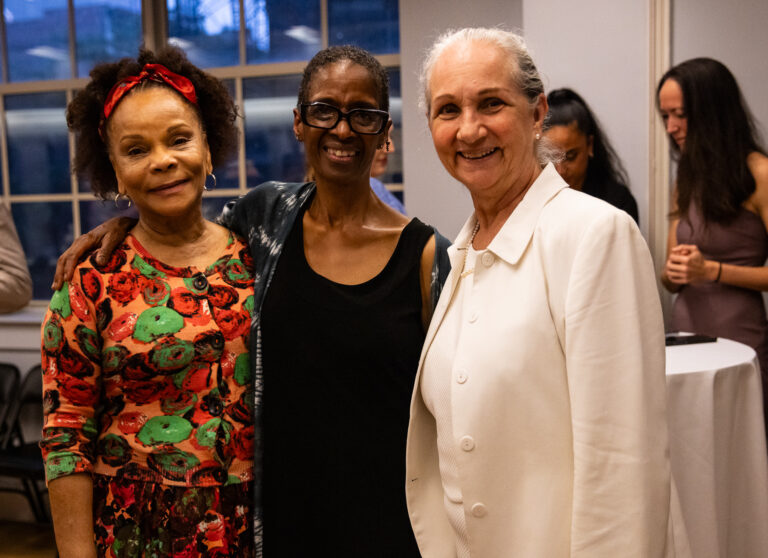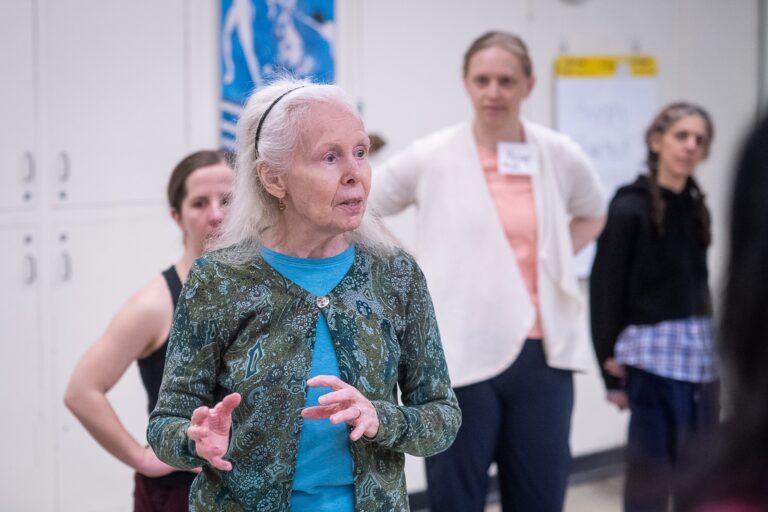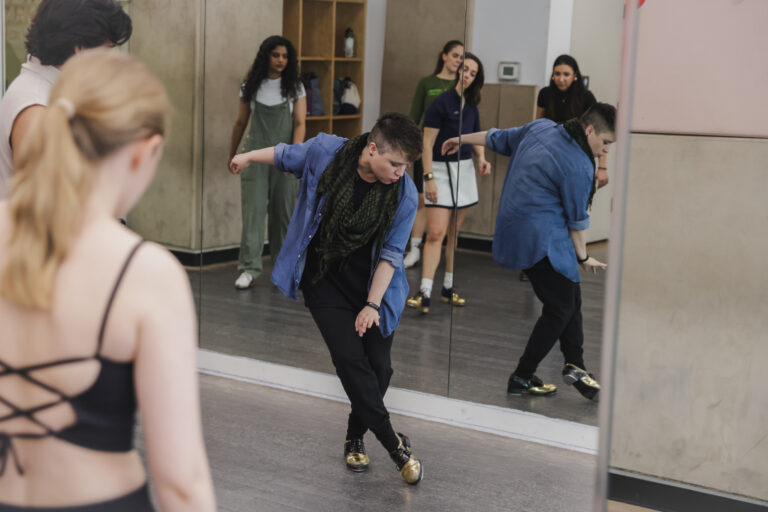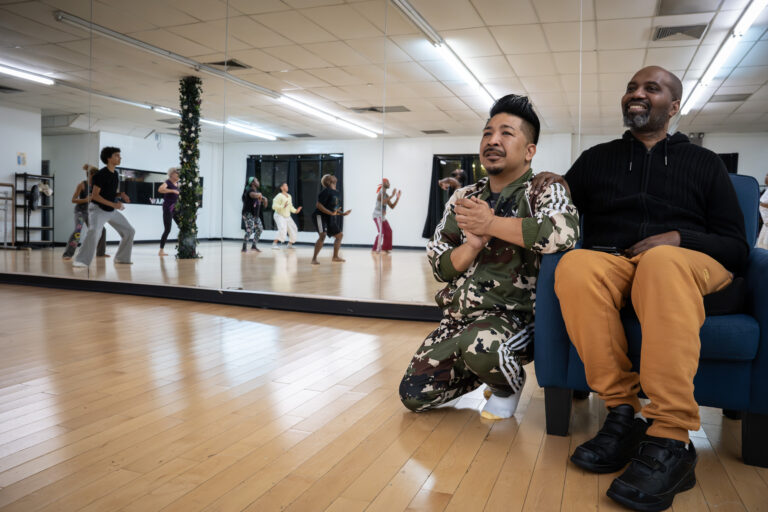Gaines (in jeans), having fun at a team photo shoot
Sidelined by a torn hamstring early in her senior year on the University of Minnesota dance team, Amanda Gaines was initially heartbroken. “I was out for a good portion of the year, meaning I was at practice and events all the time but had to sit and watch,” she says. But by the year’s end, she’d been asked to stay on as assistant coach. “Getting hurt showcased a skill set no one knew I had. It definitely opened a door.” Four years later, she became head coach. During her tenure as assistant and head coach, the team has won six pom and five jazz national championships. They’ll defend their winning streak this month at the Universal Dance Association’s national competition in Orlando.
Her biggest challenge “Keeping it fresh. I have to remember it’s a different journey every year. It’s really easy, especially when you have success, to compare year to year—‘This went so smoothly last year, so why are we struggling with this?’ Of course we want to win, but it’s about so much more than just the place you get at Nationals. You want to make an impact and be innovative and try to push the competition in a new direction, so you can have success over a season.”
What she looks for in dancers “Not just dancers who have a very elite technical ability, but those who are also great performers, who work hard, who blend in well, who are coachable. When you have a lot of really talented people, sometimes it’s hard. You get dancers who are the best of the best, from where they’ve come. We want dancers who are still really hungry to get better. It’s not about having a team of soloists. It’s about having a team that’s really strong from top to bottom and plays on each other’s strengths.”
On being a good coach “I’m not nearly old enough to be their mother, but I care about them like they’re my children. When I talk about the team, I always say, ‘My girls, my girls.’ I care about them not only as dancers but as individuals: their success in school, if their boyfriend dumps them (or, more likely, if they break up with their boyfriends)—that impacts how they are at practice. Showing them that I have compassion and empathy for what they’re going through, that I care about their well-being, allows me to coach them better. They know that when I’m being tough on them, it’s not because I don’t like them. It’s because I have high expectations of them.” DT
Training: The Dance Shoppe (now Summit Dance Shoppe) in Plymouth, Minnesota; University of Minnesota dance team member, 2004–08
Coaching: University of Minnesota assistant coach, 2008–12; head coach, 2012–present
Photo by Janelle Sutton, courtesy of University of Minnesota




